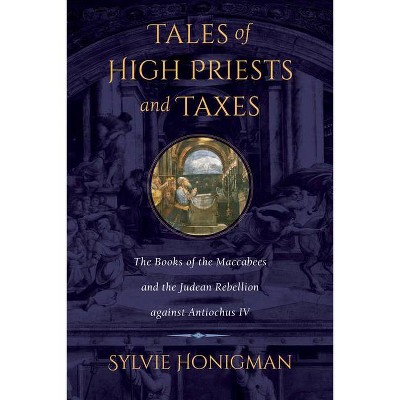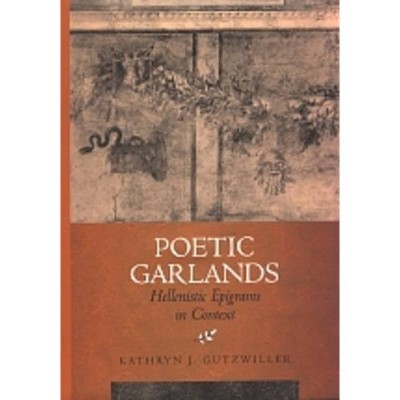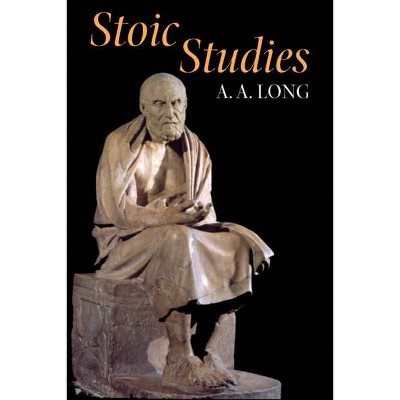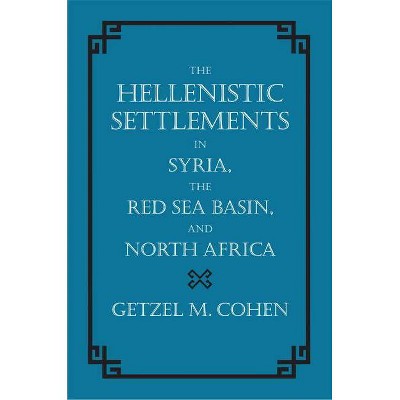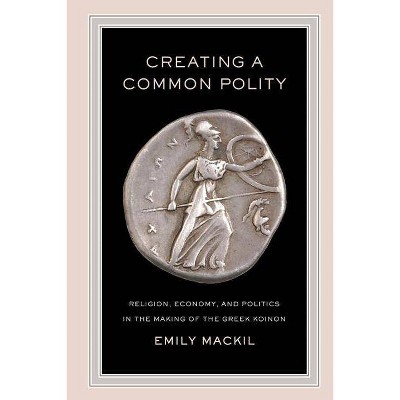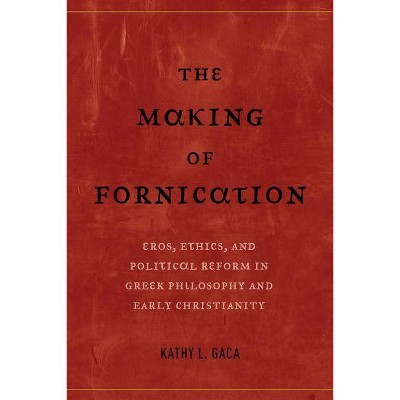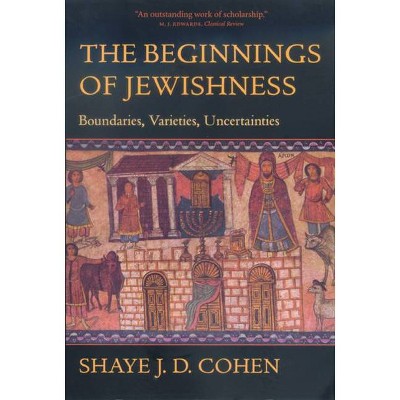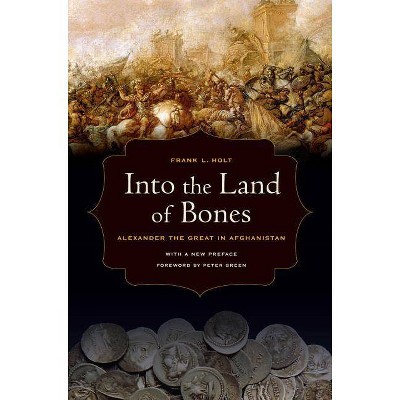Tales of High Priests and Taxes, 56 - (Hellenistic Culture and Society) by Sylvie Honigman (Hardcover)
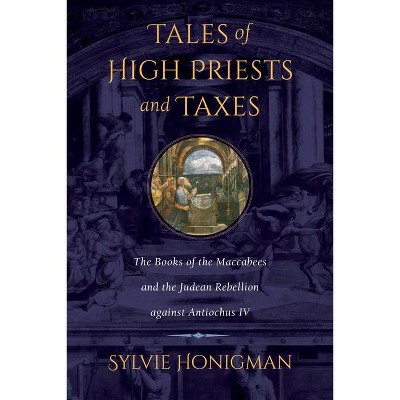
Similar Products
Products of same category from the store
AllProduct info
<p/><br></br><p><b> About the Book </b></p></br></br>"In the wake of the conquests of Alexander the Great, the ancient world of the Bible--the ancient Near East--came under Greek rule, and in the land of Israel, time-old traditions and Greek culture met. But with the accession of King Antiochus IV, the soft power of culture was replaced with armed conflict, and soon the Jews rebelled against their imperial masters, as recorded in the Biblical books of Maccabees. Whereas most scholars have dismissed the Biblical accounts of religious persecution and cultural clash, Sylvie Honigman combines subtle literary analysis with deep historical insight to show how their testimony can be reconciled with modern historical analysis by learning to converse with the biblical authors, so to speak, in their own language to understand the way they described their own experiences. Honigman contents that their stories are not mere fantasies but genuine attempts to cope with the massacre that followed the rebellion by giving it new meaning. This reading also discloses fresh political and economic factors"--<p/><br></br><p><b> Book Synopsis </b></p></br></br><p> In the wake of the conquests of Alexander the Great, the ancient world of the Bible-the ancient Near East-came under Greek rule, and in the land of Israel, time-old traditions and Greek culture met. But with the accession of King Antiochos IV, the soft power of culture was replaced with armed conflict, and soon the Jews rebelled against their imperial masters, as recorded in the Biblical books of the Maccabees. Whereas most scholars have dismissed the biblical accounts of religious persecution and cultural clash, Sylvie Honigman combines subtle literary analysis with deep historical insight to show how their testimony can be reconciled with modern historical analysis by conversing with the biblical authors, so to speak, in their own language to understand the way they described their experiences. Honigman contends that these stories are not mere fantasies but genuine attempts to cope with the massacre that followed the rebellion by giving it new meaning. This reading also discloses fresh political and economic factors.</p><p/><br></br><p><b> From the Back Cover </b></p></br></br>"In <i>Tales of High Priests and Taxes</i>, Sylvie Honigman advances new, well-argued positions that will provide excellent starting points for future debates in the field. More importantly, because of its discussions on the narrative aspect of historiographical exercises, this book will open up new paths for research, and its scholarship will contribute much to academic discourse in the area."--Ehud Ben Zvi, Professor of History and Classics, University of Alberta <p/> The scholarship is superior, and the work is highly significant. Honigman brings together fresh insights for the rebellion in Judea against Antiochus IV and thus contributes a new understanding of the Maccabean revolt.-- Robert Doran, Samuel Williston Professor of Greek and Hebrew, Amherst College <br><p/><br></br><p><b> Review Quotes </b></p></br></br><br>"Honigman presents a sophisticated, encompassing, and ultimately persuasive reconstruction of the political, economic, cultural and literary forces at work that resulted in the production of these two puzzling books."-- "Heythrop Journal"<br><br>"Remarkably comprehensive . . . <i>Tales of High Priests and Taxes</i> deserves to be at the center of discussion in the coming years."-- "Journal of Jewish Studies"<br><p/><br></br><p><b> About the Author </b></p></br></br><b>Sylvie Honigman</b> is Professor of History at Tel Aviv University.
Price History
Price Archive shows prices from various stores, lets you see history and find the cheapest. There is no actual sale on the website. For all support, inquiry and suggestion messages communication@pricearchive.us
